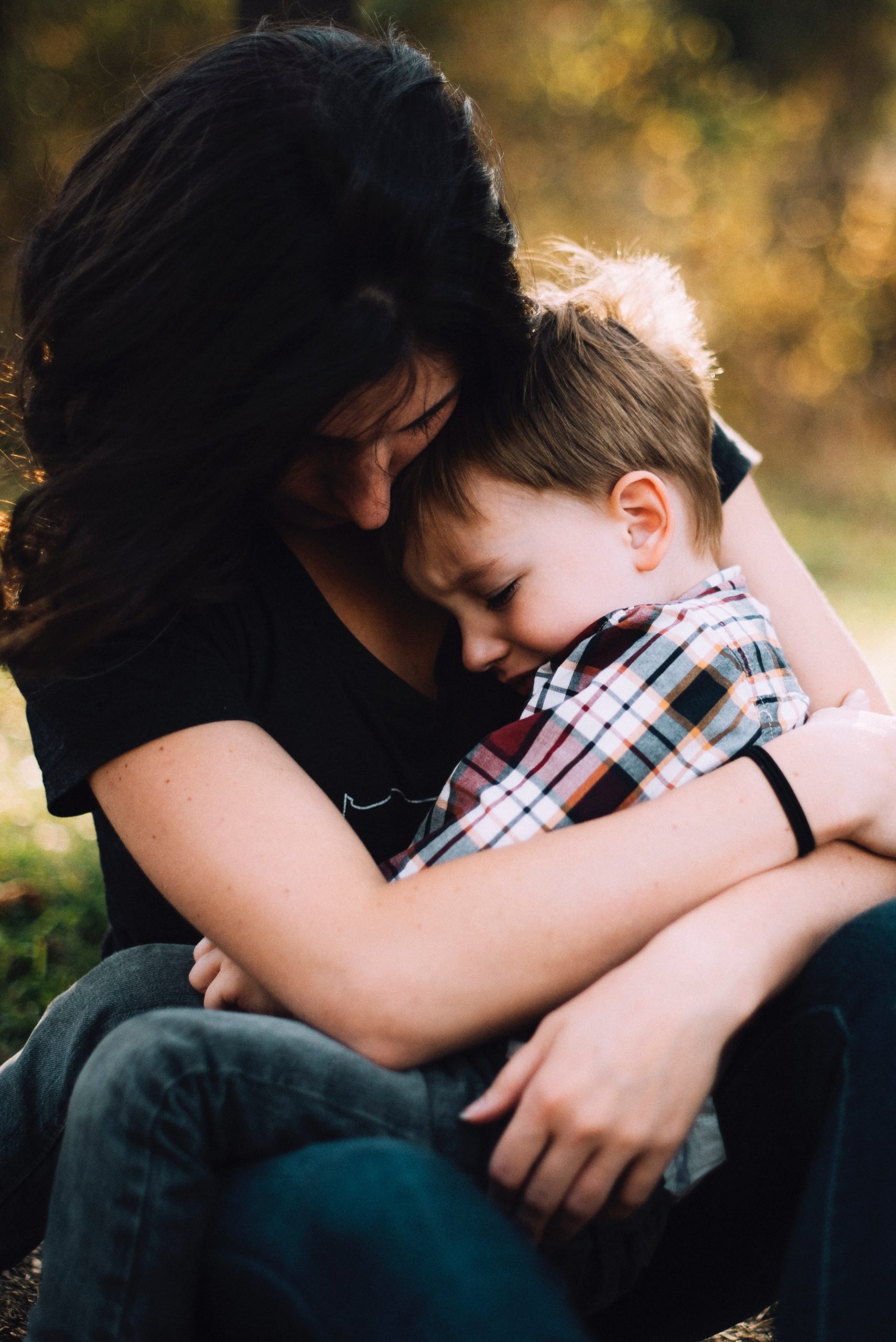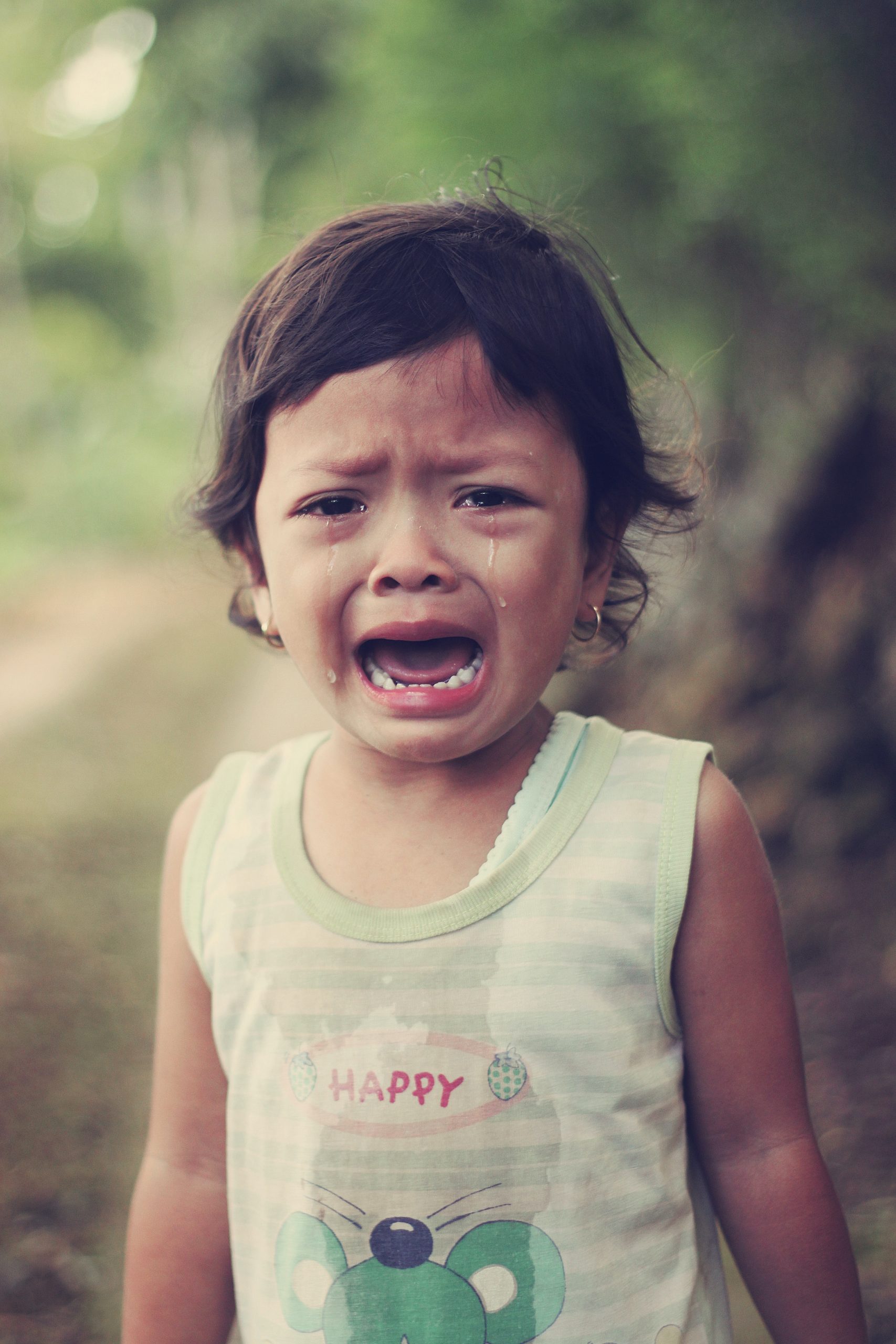What would you do if your child slapped you in the face in public? Would you lose your nerves and hit your child? Would you give your child a time-out? Verbal insults? Get the child to apologize? Threaten punishment? These are choices parents have to make on a daily basis, and the fairly recent debate of corporal punishment which is now banned in more than 30 countries worldwide, brings attention to how different cultures approach parenting and child discipline in various ways.
How different cultures approach spanking

Different cultures have different perceptions of what parenting practices are deemed physically or emotionally abusive. In one survey it was found that 97% of boys in Kenya were spanked as opposed to only 6% of boys in Sweden.
Growing up as a Chinese kid, my parents occasionally told me stories of how they were hit by their parents because they received a poor grade or did something dumb. And indeed it has been observed that “parents in countries in countries with more collectivist orientations, such as China, tend to emphasize the importance of behavioral inhibition and subjugation of individual wants for the good of the family”. These more collectivist orientations are linked to China’s unique culture and history, notably the prevalence of Confucianism. Confucius originally described the kinship between a child and his father as filial piety (孝 xiào), a reciprocal relationship in which the child respects the parent as a repayment for the parent’s care of the child. The concept of filial piety lies at the basis of many East Asian families, a concept which prioritizes the entire family instead of the individual.
On the contrary, Western cultures tend to assert individualism and independence in their children, and a more laissez-faire approach is commonly applied throughout many Western families. Many European countries have even banned corporal punishment practices by law, including Sweden as early as 1979. The American Academy of Pediatrics has openly expressed their opposition towards spanking due to studies showing that higher use of corporal punishment led to more child aggression and anxiety. However, this doesn’t mean parents don’t discipline their children in Western countries; they simply use other means of discipline.
How does corporal punishment affect children?

The effect of corporal punishment has been found to be associated with more aggression and anxiety, but this correlation was strongest in countries where corporal punishment was the least normative. However, aggression and anxiety could also be associated with several other types of non-physical punishment. Expressing disappointment, giving time-outs, shaming, and corporal punishment were all discovered to relate to higher anxiety levels in children.
According to another survey, “Discipline is most likely to be effective when children perceive it to be fair and reasonable”. Spanking can indeed be an effective discipline practice for young children if used correctly. According to Robert Larzelere, a professor at Oklahoma State University, when used correctly, spanking actually leads to lower aggression compared to most other disciplinary practices. This type of spanking is called “backup spanking”, and it “involves two swats of an open hand to the rear end, and parents should affirm a love for the child afterwards”. According to these principles, parents should feel confident in using spanking, and use it in a controlled rather than a spontaneous manner.
Clearly, the topic of whether corporal punishment is acceptable, or effective is highly variable and depends on a range of cultural and social factors.
How do Beijing parents feel about corporal punishment?
We interviewed three parents from three different cultures about their opinions on corporal punishment. Here are their answers:
Would you consider spanking your child? If so, why and under what circumstances?
Parent 1 (Chinese): Yes, I have. When my child was small, I felt like he wouldn’t be hurt from me hitting him. He had so much meat on his body that he couldn’t have been seriously hurt.
Parent 2 (Indian): Yes, but very rarely. The circumstances are when no other disciplinary methods work and also under those circumstances when my child is willfully disobeying while being fully aware of the repercussions.
Parent 3 (Estonian): No, I wouldn’t consider spanking my child.
Were you spanked or hit by your parents when you were young?
Parent 1 (Chinese): My parents spanked me in the rear end when I was small.
Parent 2 (Indian): Yes, but no particular incident is registered in my mind (there are no ‘childhood scars’ of being spanked).
Parent 3 (Estonian): Yes, I have a couple of times.
Do you think spanking is an effective way to discipline a child?
Parent 1 (Chinese): It is of course not the most effective disciplinary practice.
Parent 2 (Indian): No. It is a way of disciplining but its effectiveness is questionable; the downside to it is that it gives a wrong impression of violence to the child (who may try to imitate in another situation/setting).
Parent 3 (Estonian): No, I don’t think spanking is an effective way to discipline my child. I think time outs and grounding your child is more effective.
How would you respond if your child hit you?
Parent 1 (Chinese): My initial reaction would be thinking that he/she is in a rebellious stage. My second reaction would be thinking that our parenting went wrong somewhere.
Parent 2 (Indian): I would dissuade my child from doing it and advise him/her appropriately (according to his/her age) to not do it to anybody under any circumstance. To dissuade a very young child (e.g. 2-4 years old), I would only be able to say “no”, while I would ask an older child (e.g. 6-7 years old) to empathize, put themselves in someone else’s shoes and understand how they would feel if someone else slapped them.
Parent 3 (Estonian): Of course depends on what age is the child. If a young child hits me then I would explain what he or she did wrong and what are the consequences. If a grown teenager hits you than he or she will have to be grounded and any privileges taken away.
How much has the norms and expectations of your culture affected your disciplinary practices?
Parent 1 (Chinese): China’s family culture values are our family-style. A good family-style plays a key role in people’s growth and is their lifelong wealth. Under the influence of good family-style, young people will be influenced by their ears and eyes, shape their behaviors according to the content of good family-style, form good life habits, and achieve a better life. Be ethical, honest, and trustworthy. Morality is the foundation for a person to live in the world and the core of family-style, so family cultural values are very important.
Parent 2 (Indian): My culture as such, especially the older generation, does not prohibit spanking. But my culture is not the primary motivator to spank my child or not.
Parent 3 (Estonian): I would say my culture definitely plays a part in how I behave therefore affecting my discipline practices.
Now, it’s time for you to have your say. We’ve prepared a WeChat Poll about corporal punishment which you can participate in anonymously. Scan the QR code below to take part!

Images: Unsplash

